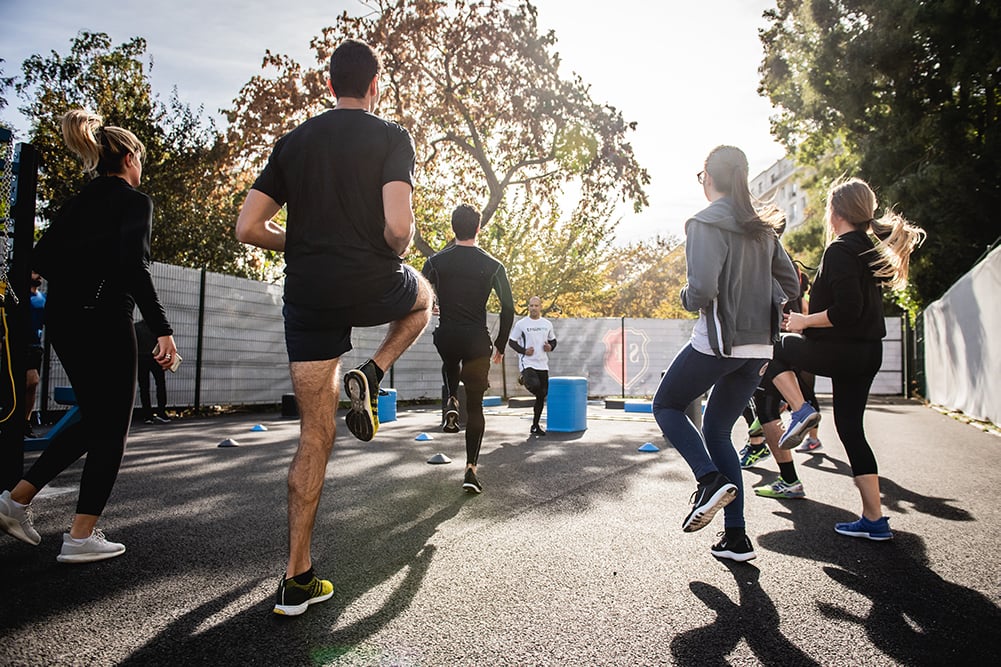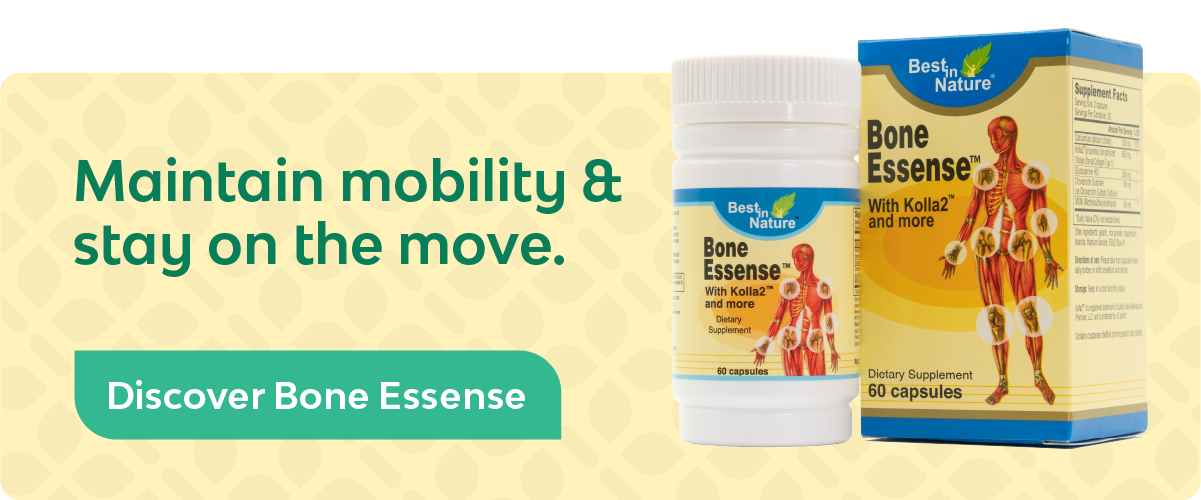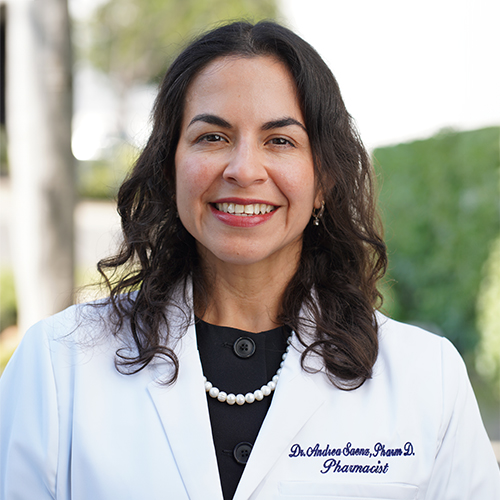
Reviewed and Updated: November 12th, 2024
After the age of 50, our bones have a tendency to lose their density and become more brittle with half of people in this age range being at risk for a bone fracture. It’s estimated that 44 million Americans have low bone density and 10 million suffer from osteoporosis.
Weak bones are also a telltale sign you have deficiencies in critical vitamins and nutrients such as calcium or magnesium.
Maintaining your bone health involves an optimal diet, regular exercise, and staying in touch with your doctor. Let’s take a look at the most important vitamins and minerals for bone health and how you can obtain them.
Why Is Bone Health Important?
With so much (justified) discussion around cardiovascular disease, the number one health risk among adult Americans, bone health tends to be overlooked. However, maintaining bone health is just as important as maintaining your heart.
Without sturdy bones, you run a higher risk of fractures and breaks. The CDC has revealed the leading cause of serious injury among elderly people are falls, which are made worse by weak bones. These falls can lead to expensive hospital stays and even long-term mobility issues.
Building stronger bones requires changing lifestyle habits and committing to a diet that ensures you’re never missing out on your daily intake of essential vitamins and minerals.
“...improved bone strength can drastically improve a person’s quality of life and increase the number of years for which that lifestyle is enjoyable.”
[Related: What Is Peak Bone Mass And What Affects It?]
Who Might Benefit From Supplements?
The body starts producing and absorbing vitamins and minerals less efficiently after about the age of 30. The elderly, those with bone-related disorders, vegans, and very active people are just a few who benefit from bone health supplements.
Many people today are sedentary, whether due to work or simple introversion. Contrary to popular belief, exercise isn’t only for building muscle strength. The stress put on your bones through jogging and swimming encourages them to repair themselves, making them thicker and sturdier over time. Supplements can provide more of the building blocks to aid in this process.
“According to the National Osteoporosis Foundation (NOF), one in four men over 50 years old suffers injuries related to osteoporosis. And men of this age group are more likely to suffer from osteoporosis than to get prostate cancer.”

The Most Important Minerals For Bone Health
You might already know about the role of calcium in maintaining bone health (especially if you remember milk commercials from the 90’s). However, calcium alone doesn’t do the job. Your bones also need plenty of vitamin D, magnesium, boron, vitamin B12, and vitamin C.
Even a balanced diet isn’t enough, as older people tend to consume fewer calories due to decreased energy requirements. This can make it rather difficult to keep up with a daily intake. Below are suggestions to get you started on choosing a supplement and taking it every day:
Calcium
- Factors that influence calcium intake and as a direct result bone density include age, a lack of exercise, and bone-related diseases like osteoporosis
- Calcium is a key component in building and maintaining strong, healthy bones, providing essential strength and structure to the skeleton
- Good sources of calcium are dairy, soy, and dark, leafy vegetables like kale or broccoli.
- The Daily Recommended intake: 1,000 to 1,200 mg per day (it’s advisable to get your calcium intake over the course of a day. 500mg or less at a time with meals according to the Mayo Clinic to avoid complications like Kidney Stones)
Magnesium
- Magnesium has been associated with better bone health and is important for processes including protein production, nerve function, and maintaining healthy blood pressure and blood sugar levels
- It is essential for many biological functions, with 60% of the body’s total magnesium stored in the skeleton. Studies have shown a clear connection between higher magnesium intake and improved bone density
- Good sources of magnesium are nuts, seeds, whole grains, leafy vegetables, and beans
- The Daily recommended intake: 300 to 400 mg per day
Boron
- Boron is theorized to extend how long the body can use Vitamin D along with brain and hormone benefits
- It is naturally present in plant-based foods, such as leafy greens, and it is crucial for bone mineralization. It aids in the absorption of magnesium and enhances calcium storage in the bones
- Good sources of boron are nuts and beans
- The Daily recommended intake is 20 mg per day
The Most Important Vitamins for Bone Health
Vitamin D
- Vitamin D in bone health is pretty widely known. The reason is that helps the body to absorb the calcium we take in.
- Vitamin D is best obtained through regular sun exposure, though egg, salmon, and soy have small amounts. Additionally, many foods are fortified with vitamin D
- The daily recommended intake varies significantly from 600 IU for adults to 1,000 for those with osteoporosis. This could be even higher if you have a vitamin D deficiency. Talk to your primary doctor and request a blood test to find out
Vitamin A
- Vitamin A is associated with the cells which break down and build bone. However, excessive Vitamin A has negative health effects
- Good sources of vitamin A are vegetables (particularly carrots), fish, and eggs
- The daily recommended intake is 700 mg for adult women and 900 mg for adult men
Vitamin B12
- Vitamins B12 may not occur to people as an important nutrient for bone health as it's normally associated with energy. However, a study done at Tufts University linked low levels of Vitamin B12 with Osteoporosis in both men and women
- Good sources of vitamin B12 are poultry, fish, and red meat. There are many supplements and fortified foods to ensure those following a vegan diet can get sufficient amounts
- The daily recommended intake for adults is about 2.4 mcg. Older adults have reduced levels of stomach acid and thus can't absorb B12 as efficiently from the food they eat and as a result may consider fortified foods or supplements.
Vitamin C
- Another surprising vitamin for bone health is Vitamin C, which is required for the formation of collagen, a tissue required for bone mineralization. As a result, Vitamin C is also important for maintaining joint flexibility
- Good sources of vitamin C are fruits (particularly oranges) and vegetables
- The daily recommended intake is between 75 to 90 mg, though this can be as high as 200 mg for a vitamin C deficiency
Vitamin K
- Vitamin K attracts calcium to the bones. It’s good to be aware of its role, but few people are short of this essential vitamin
- Vitamin K is essential for the body’s natural bone remodeling process. It also helps regulate blood calcium levels by directing calcium from soft tissues into the bones, ensuring proper bone health and structure
- Good sources of vitamin K are in dark, leafy vegetables such as kale, spinach, and brussels sprouts.
- According to the Bone Health and Osteoporosis Foundation, adequate daily intake is 120 mcg for men and 90 mcg for women.
Soy Isoflavones
- Soy Isoflavones aren't a vitamin or mineral, but rather a phytoestrogen. However, it is still worth mentioning it's vital role in bone health due to its correlation with the prevention or slowing of diseases such as osteoporosis
- Good sources of soy isoflavones are the direct source: soybeans and all of the different forms they take, such as soy milk or tofu. Soy isoflavones are also found in chickpeas.
- The daily recommended intake ranges between 40 to 80 mg, depending on whether or not you’re postmenopausal or living with osteoporosis
[Related: 16 Ways To Build And Maintain Healthy Bones]
Best Foods For Supporting Bone Health

Bone health isn’t limited to getting enough calcium. The right combination of vitamins and minerals along with exercise and healthy living are what help to maintain good bone health. Those who have nutritional gaps can consider a supplement to help keep their bones strong.
Dark, leafy vegetables are packed with essential vitamins and minerals. Kale and brussels sprouts are some of the best regular additions you can add to your diet, followed closely by low-fat dairy, citrus fruits, and plenty of whole grains. Unsalted and unsweetened trail mix is a great snack to keep on hand for its variety and low sodium count.
“Research suggests that caffeinated soft drinks like colas and other sodas may contribute to bone loss. Scientists are still working to discover precisely why soda may damage bones. Some researchers have suggested that phosphorus- a prevalent ingredient in many soda brands- may cause bones to weaken gradually over time.”
[Related: Types Of Exercise And Why You Should Do More Than One]
How Else Can I Support My Bone Health?
A balanced diet, regular exercise, and getting regular check-ups with your doctor are the best ways to support your bone health. After age 50, healthcare providers recommend getting a DEXA Scan to assess your bone health for osteoporosis and fracture risk. There are, however, several, effective preventative measures you can take to reduce the risk of more severe bone health issues.
More severe bone issues tend to crop up in heavy drinkers, due to alcohol’s interference with the body’s natural vitamin production. A diet heavy in sodium is also a drain on the body’s calcium count, so consider swapping out the chips for dried fruit or vegetable sticks. Little by little, you will bolster your health from the inside out.
If you're still looking for a supplement to help fill in some gaps and maintain increased mobility, consider Bone Essense, our proprietary formula with Calcium, glucosamine and Kolla 2 for bone strength and joint flexibility.
* This article is for informational purposes only and doesn’t constitute medical advice. For immediate health concerns, please consult your physician.
These statements have not been evaluated by the Food and Drug Administration. Products are not intended to diagnose, treat, cure or prevent disease.
© 2025 Best in Nature All rights reserved






Validate your login
Sign In
Create New Account